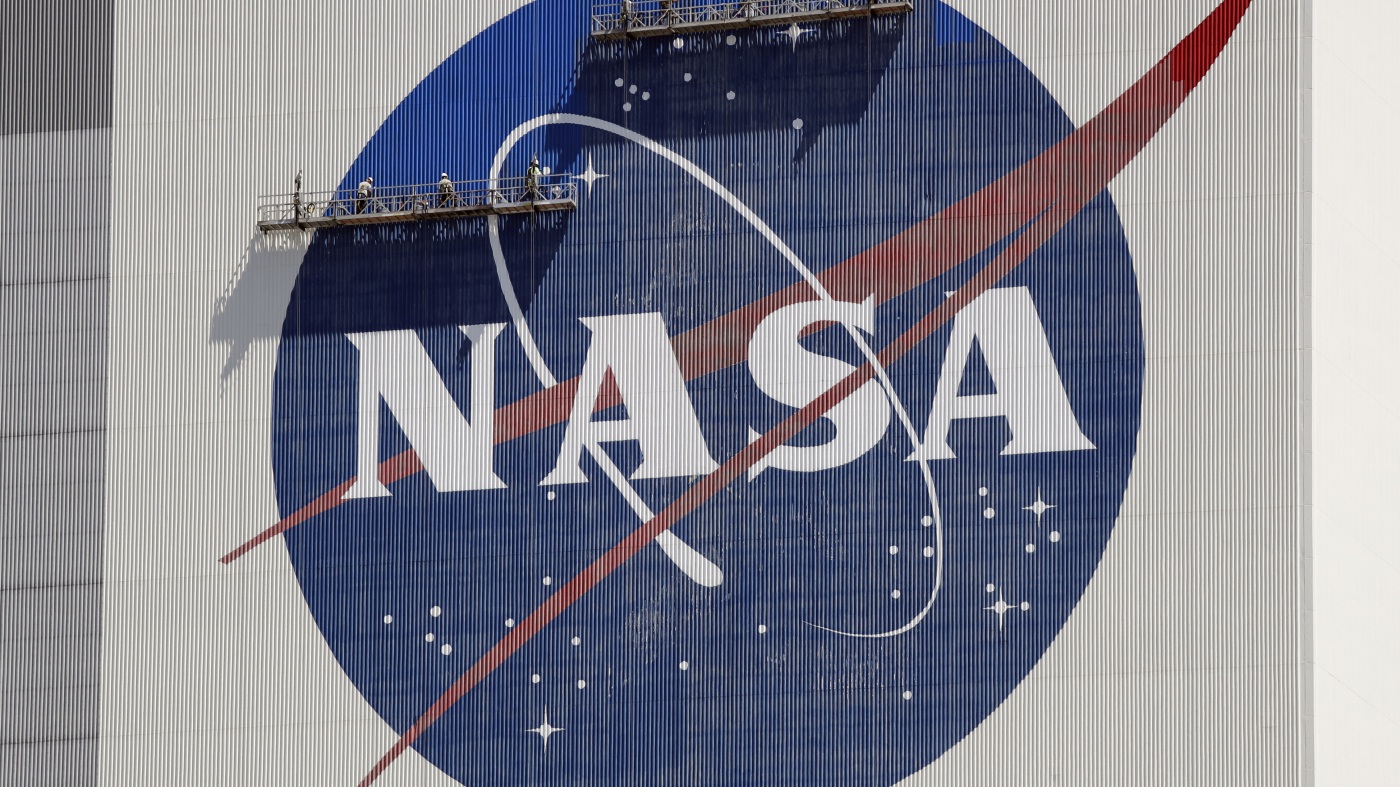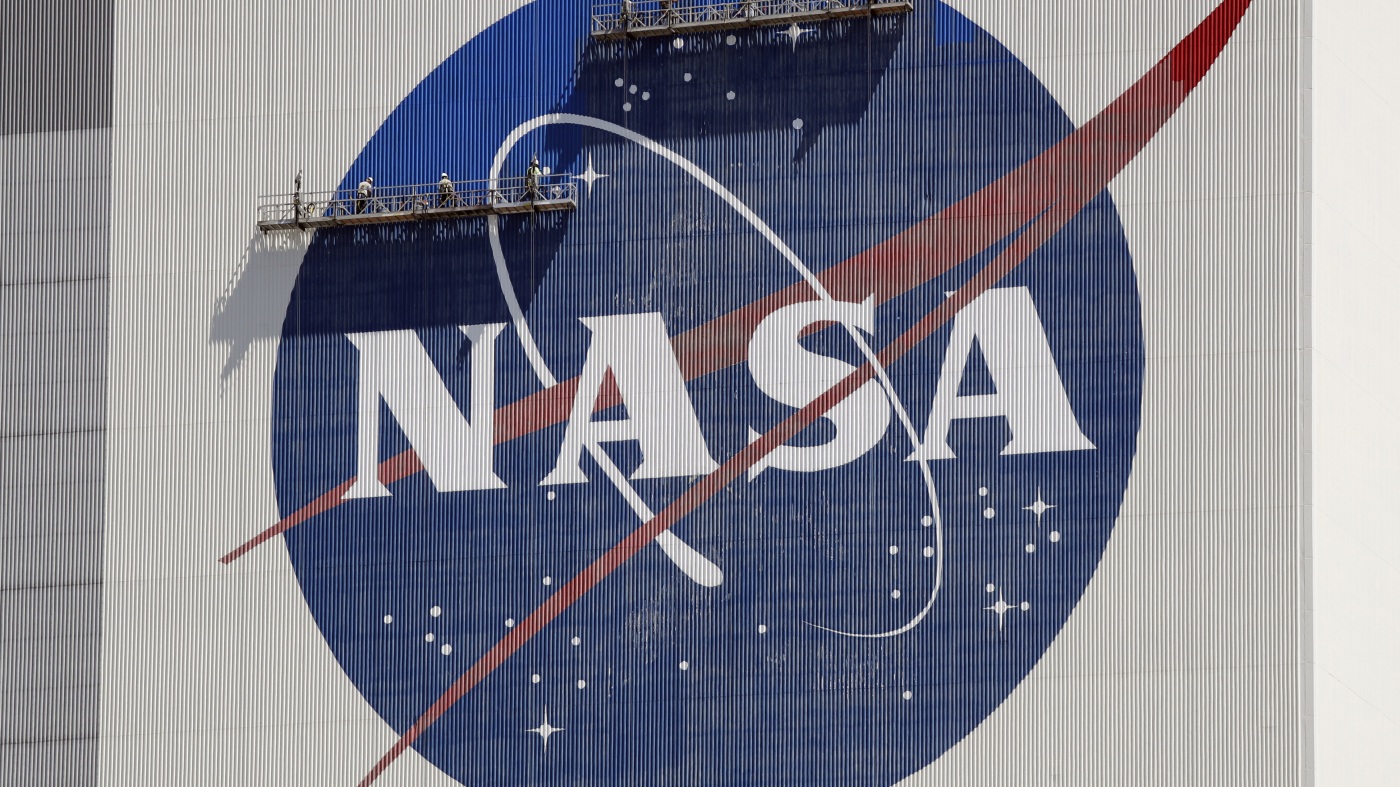The Rise of Artificial Intelligence in Modern Society
Introduction
Artificial Intelligence (AI) has emerged as one of the most transformative technologies of the 21st century. From healthcare to finance, AI is reshaping industries and redefining the way we live and work. This report explores the profound impact of AI on modern society, delving into its applications, ethical considerations, and future prospects.
The Evolution of Artificial Intelligence
Early Beginnings
The concept of AI dates back to ancient mythology, where automatons and mechanical beings were depicted in stories. However, the modern era of AI began in the mid-20th century with the advent of computer science. Alan Turing, a pioneering computer scientist, laid the groundwork for AI with his work on computability and the famous Turing Test, which evaluates a machine’s ability to exhibit intelligent behavior equivalent to, or indistinguishable from, that of a human.
Milestones in AI Development
The 1950s and 1960s saw significant advancements in AI research. The Dartmouth Conference in 1956 is often regarded as the birth of AI as a formal discipline. During this period, researchers developed early AI programs like the Logic Theorist, which could mimic the problem-solving skills of a human mathematician.
The 1980s and 1990s witnessed the rise of expert systems, which used rule-based logic to solve complex problems. These systems were particularly successful in fields like medicine and engineering, where they could provide expert-level advice and diagnostics.
The Modern AI Revolution
The turn of the 21st century brought about a new wave of AI development, driven by advances in machine learning and deep learning. The availability of vast amounts of data, coupled with powerful computing resources, has enabled AI systems to achieve unprecedented levels of accuracy and efficiency. Today, AI is integrated into various aspects of our daily lives, from virtual assistants like Siri and Alexa to self-driving cars and smart home devices.
Applications of AI in Modern Society
Healthcare
AI has revolutionized the healthcare industry by improving diagnostics, treatment planning, and patient care. Machine learning algorithms can analyze medical images, such as X-rays and MRIs, with remarkable accuracy, often surpassing human experts. AI-powered diagnostic tools can detect diseases like cancer at early stages, significantly improving patient outcomes.
Additionally, AI is being used to develop personalized treatment plans based on a patient’s genetic makeup and medical history. This approach, known as precision medicine, tailors treatments to individual patients, enhancing the effectiveness of therapies and reducing side effects.
Finance
In the financial sector, AI is transforming the way banks and financial institutions operate. AI algorithms can analyze vast amounts of financial data to detect fraudulent activities, identify investment opportunities, and manage risks. Robo-advisors, which are AI-powered investment platforms, provide automated financial advice and portfolio management services, making investment more accessible to the general public.
AI is also being used to improve customer service in the financial industry. Chatbots and virtual assistants can handle customer inquiries, process transactions, and provide personalized financial advice, enhancing the overall customer experience.
Transportation
The transportation industry is undergoing a significant transformation with the advent of AI. Self-driving cars, powered by AI algorithms, promise to reduce traffic accidents, improve traffic flow, and enhance mobility for people with disabilities. Companies like Tesla, Waymo, and Uber are investing heavily in autonomous vehicle technology, aiming to make self-driving cars a reality in the near future.
AI is also being used to optimize public transportation systems. Smart traffic management systems can analyze real-time traffic data to adjust traffic lights and reroute vehicles, reducing congestion and improving travel times. Additionally, AI-powered predictive maintenance systems can monitor the condition of transportation infrastructure, such as bridges and tunnels, to prevent failures and ensure safety.
Education
AI is revolutionizing the education sector by providing personalized learning experiences for students. Adaptive learning platforms use AI algorithms to tailor educational content to individual students’ needs, helping them learn at their own pace and style. These platforms can identify areas where students struggle and provide targeted interventions to improve their understanding.
AI is also being used to automate administrative tasks in educational institutions, such as grading assignments and managing student records. This frees up teachers’ time, allowing them to focus on more meaningful interactions with students.
Entertainment
The entertainment industry is leveraging AI to create more immersive and personalized experiences for consumers. AI algorithms can analyze user preferences and behavior to recommend movies, music, and TV shows, enhancing the user experience. Streaming services like Netflix and Spotify use AI to curate content based on individual tastes, keeping users engaged and satisfied.
AI is also being used to create new forms of entertainment. AI-generated art, music, and literature are emerging as new creative mediums, pushing the boundaries of human imagination. AI-powered virtual reality and augmented reality experiences are providing users with immersive and interactive entertainment options.
Ethical Considerations and Challenges
Privacy and Security
As AI becomes more integrated into our lives, concerns about privacy and security are growing. AI systems often require access to vast amounts of personal data, raising questions about how this data is collected, stored, and used. There is a risk that AI systems could be hacked or manipulated, leading to data breaches and identity theft.
To address these concerns, governments and organizations are implementing stricter data protection regulations, such as the General Data Protection Regulation (GDPR) in the European Union. These regulations aim to ensure that personal data is collected and used responsibly, protecting individuals’ privacy rights.
Bias and Fairness
AI systems are only as good as the data they are trained on. If the training data contains biases, the AI system will inherit these biases, leading to unfair outcomes. For example, AI-powered hiring tools have been found to discriminate against certain demographic groups, perpetuating existing inequalities.
To mitigate these biases, researchers are developing techniques to detect and correct biases in AI systems. Additionally, organizations are implementing diversity and inclusion initiatives to ensure that AI systems are trained on diverse and representative datasets.
Job Displacement
The rise of AI is raising concerns about job displacement. As AI systems become more capable, they are increasingly taking over tasks that were previously performed by humans. This could lead to significant job losses in certain industries, particularly those involving routine and repetitive tasks.
To address this challenge, governments and organizations are investing in reskilling and upskilling programs to help workers adapt to the changing job market. These programs aim to equip workers with the skills needed to thrive in an AI-driven economy.
Accountability and Transparency
As AI systems become more complex, it is becoming increasingly difficult to understand how they make decisions. This lack of transparency raises concerns about accountability, particularly in high-stakes areas like healthcare and finance.
To address these concerns, researchers are developing explainable AI (XAI) techniques, which aim to make AI systems more transparent and interpretable. These techniques provide insights into how AI systems make decisions, enabling users to understand and trust the system’s outputs.
The Future of AI
Advancements in AI Technology
The future of AI holds immense potential for further advancements. Researchers are exploring new AI techniques, such as reinforcement learning and neuro-symbolic AI, which combine the strengths of symbolic reasoning and machine learning. These techniques could enable AI systems to learn and reason more effectively, solving complex problems that are currently beyond their reach.
Additionally, advancements in quantum computing could revolutionize AI by providing unprecedented computational power. Quantum computers could enable AI systems to process vast amounts of data and perform complex calculations at speeds that are currently unimaginable.
AI and Society
As AI continues to evolve, it will have a profound impact on society. AI systems could help address some of the world’s most pressing challenges, such as climate change, poverty, and disease. For example, AI-powered climate models could provide more accurate predictions of climate change, enabling policymakers to make informed decisions. AI-driven healthcare systems could improve access to medical care, particularly in underserved communities.
However, the widespread adoption of AI also raises ethical and social concerns. As AI systems become more autonomous, questions about their ethical and moral responsibilities will become increasingly important. Society will need to grapple with issues such as AI rights, AI governance, and the potential for AI to disrupt social and economic systems.
Preparing for an AI-Driven Future
To prepare for an AI-driven future, governments, organizations, and individuals must take proactive steps. Governments should invest in AI research and development, as well as in education and training programs to equip the workforce with the skills needed to thrive in an AI-driven economy. Organizations should implement ethical AI practices, ensuring that AI systems are designed and deployed responsibly. Individuals should stay informed about AI developments and adapt to the changing job market by acquiring new skills and knowledge.
Conclusion
Embracing the AI Revolution
The rise of AI in modern society presents both opportunities and challenges. AI has the potential to transform industries, improve quality of life, and address some of the world’s most pressing problems. However, it also raises ethical, social, and economic concerns that must be addressed responsibly.
As we embrace the AI revolution, it is essential to foster a collaborative and inclusive approach. By working together, governments, organizations, and individuals can harness the power of AI to create a better future for all. The key lies in balancing innovation with responsibility, ensuring that AI is used to benefit society as a whole.








